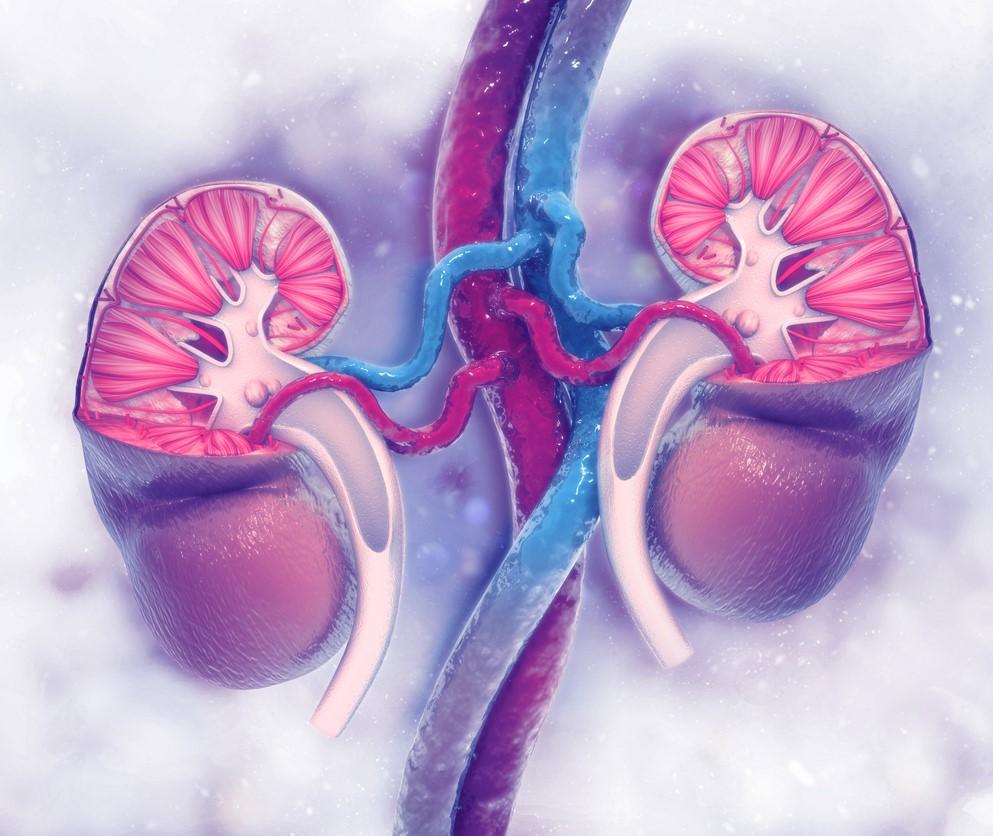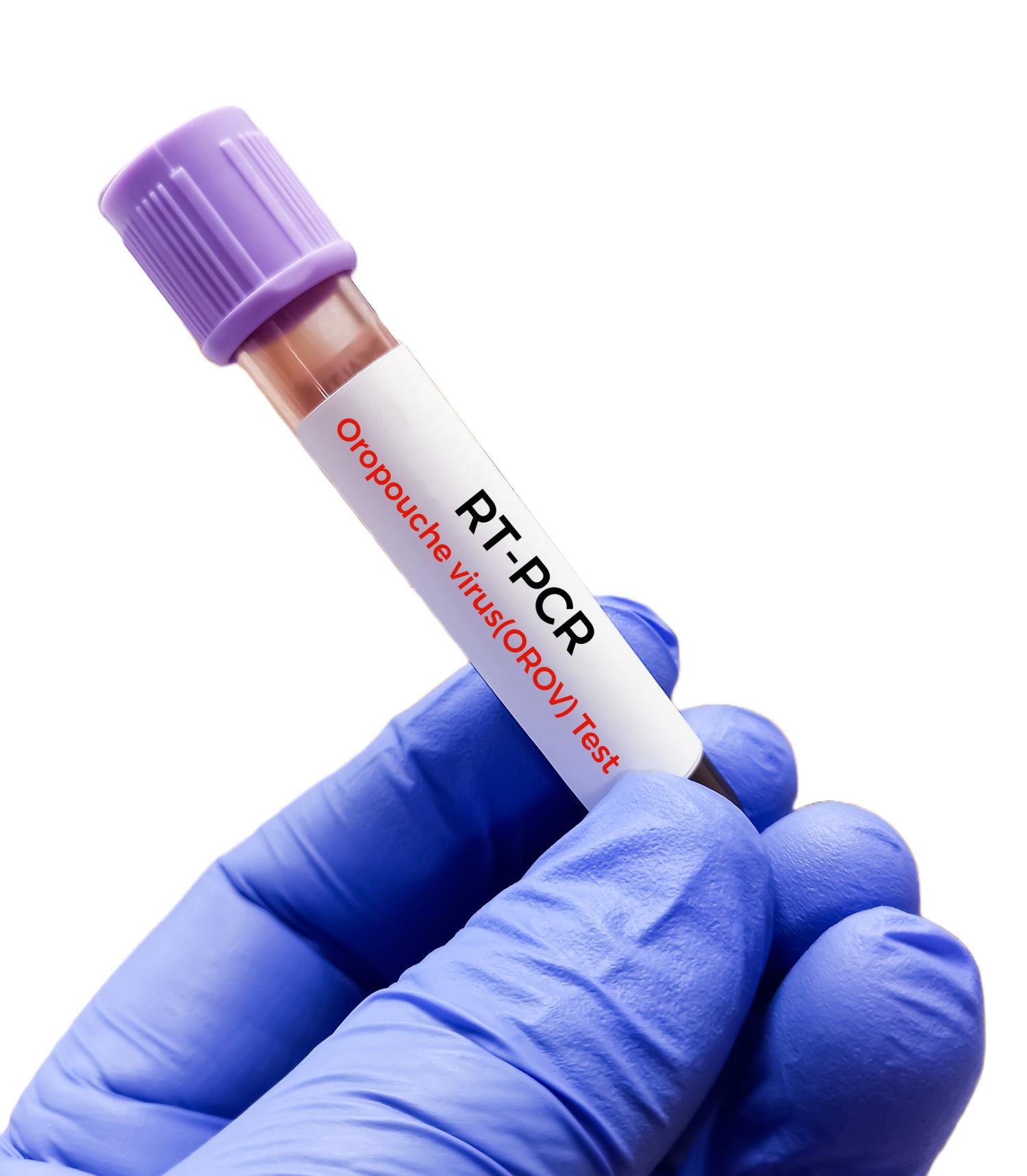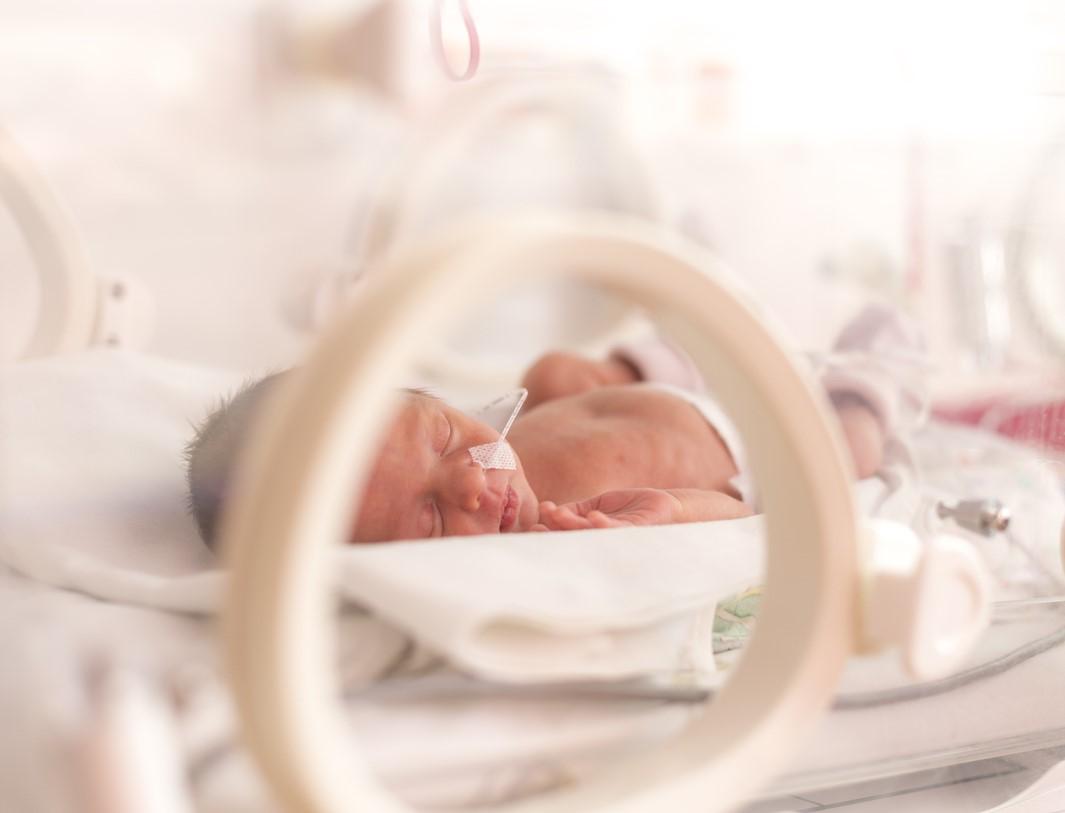
COVID-19 infection was linked to a higher risk of new-onset mild and moderate chronic kidney disease (CKD) in US children and adolescents from 2020 to 2023, according to recent findings from the National Institutes of Health's Researching COVID to Enhance Recovery (RECOVER) initiative.
The University of Pennsylvania-led research team assessed data on kidney outcomes from 1.9 million patients aged 20 years and younger with (487,400) and without (1.4 million) COVID-19 at 19 healthcare centers from March 2020 to May 2023, with up to 2 years of follow-up. The average age was 8.2 years, 51.0% were male, and 45% were White.
The results were published late last week in JAMA Network Open.
35% higher risk of moderate CKD at 1 to 6 months
COVID-19 was tied to higher odds of new-onset CKD of stage 2 or higher (hazard ratio [HR], 1.17) and CKD of stage 3 or up (HR, 1.35). In patients with preexisting CKD, COVID-19 was associated with an elevated risk of composite kidney outcomes (at least a 50% decline in estimated glomerular filtration rate [eGFR], transplant, or end-stage kidney disease; HR, 1.15) 1 to 6 months post-infection.
Results of this study suggest that SARS-CoV-2 infection is associated with an increased risk of adverse kidney outcomes, including new-onset CKD and worsening kidney function, particularly among children with preexisting CKD or acute-phase AKI.
Children and adolescents with COVID-associated acute kidney injury (AKI) were at higher risk (HR, 1.29) for composite outcomes and at least a 30%, 40%, or 50% eGFR reduction at 3 to 6 months.
The study authors said that the mechanisms of COVID-linked CKD could include the direct effect of SARS-CoV-2 on the kidneys, as demonstrated by viral persistence in tissues and prolonged virus shedding. Alternatively, infection-induced chronic inflammation could destabilize blood flow, damaging the kidneys. Other possible causes could be the drugs used to treat severe COVID-19 and pandemic-related economic and social conditions.
"Results of this study suggest that SARS-CoV-2 infection is associated with an increased risk of adverse kidney outcomes, including new-onset CKD and worsening kidney function, particularly among children with preexisting CKD or acute-phase AKI, underscoring the importance of long-term monitoring for kidney health in children and adolescents affected by COVID-19," they concluded.



.jpg)











